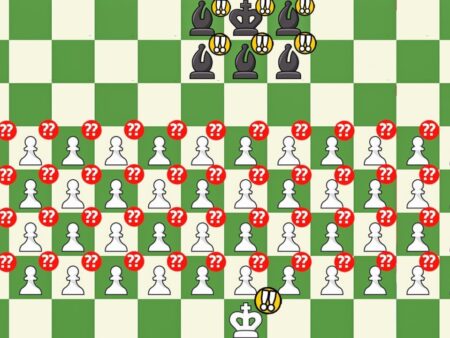
In a spectacle that would have seemed fantastical merely a few years ago, the streets of London transformed into a sea of red and white, celebrating an achievement that transcends mere sporting success. The England Lionesses, newly crowned back-to-back European champions, returned home not just as athletes, but as catalysts for a profound cultural shift in British sports.
The scene on The Mall was one for the history books. An estimated 65,000 jubilant fans, undeterred by the short notice or the conspicuous absence of a celebratory bank holiday – a perk vocally campaigned for by certain politicians when others lifted trophies – converged to welcome their heroines. This was not merely a crowd; it was a testament to a nation utterly captivated. For the first time, an England senior football team had returned from winning a major European title on foreign soil, and the magnitude of the welcome underscored just how deeply this victory resonated.
The numbers speak volumes: the Lionesses` semi-final triumph against Italy became the most-watched program on the UK`s second-largest broadcaster. The final itself drew an astonishing 16 million viewers, a third more than their historic home victory three years prior. This surge in viewership is not just statistical noise; it represents a seismic shift in public engagement. What was once considered a niche pursuit, perhaps politely tolerated, has unequivocally entered the mainstream, commanding prime-time attention and generating unprecedented national excitement. One might even observe, with a touch of irony, that the debate regarding the merits of women’s football has, for the most part, been relegated to the forgotten corners of social media, a place where, frankly, sanity often struggles to find a foothold anyway.
Yet, the phenomenon extends beyond mere viewership. This team has forged an authentic connection with the British public. Unlike some sporting entities that become grist for the “culture war” mill, the Lionesses have managed to transcend such divisions. The St. George’s cross, often a charged symbol in recent English discourse, was draped across shoulders young and old on The Mall without a hint of contention, simply a pure expression of national pride. Fans, a diverse tapestry of young children in replica shirts, older generations, and tourists looking on in amused bewilderment (perhaps expecting a different archetype of the English football fan), celebrated as one. As defender Niamh Charles succinctly put it, “I saw older people, younger people, people from every different walk of life. They were just so happy to be there, and it was so lovely to be able to share this with them. It is for them, so it was so special to see people’s faces.”
The team`s appeal is rooted in their relatable personalities and undeniable grit. From Chloe Kelly`s effusive (and mildly expletive-laden) post-match declarations to the seemingly effortless camaraderie between Alessia Russo and Ella Toone, the Lionesses project an image of genuine fun and authenticity. They embody a modern, vibrant England, as steeped in meme culture as they are the complex neuroses of football’s homeland. Their journey through the tournament itself was a narrative of unwavering determination: trailing by two goals in the quarter-final, they refused to yield; facing relentless Spanish pressure, they held firm. A tournament that began with what seemed like adversity concluded in a triumph they never doubted, proving that hard-earned victory tastes the sweetest.
The impact of the Lionesses’ success resonates far beyond the grand public celebrations. At a grassroots level, significant strides are being made, with the government announcing plans to more than double priority access to football pitches for women and girls. Major stadiums like Wembley, Emirates, and Stamford Bridge now routinely host packed crowds for women’s matches. This isn`t just about winning trophies; it`s about reshaping perceptions, breaking down barriers, and inspiring a new generation. It’s about creating a lasting legacy that ensures future Lionesses will not face the same struggles as their predecessors.
As the celebrations eventually faded, thoughts inevitably turned to the future. Captain Leah Williamson’s closing words, “Thank you so much for being with us, staying with us. This is not done yet,” served as a rallying cry. If this unprecedented display of national affection was something special, one can only imagine the scenes if England returns from Brazil in two years with the ultimate prize in global football. The Lionesses have not only conquered Europe twice; they have conquered hearts and minds, proving that true sporting glory is measured not just in silverware, but in the profound societal impact it inspires.










